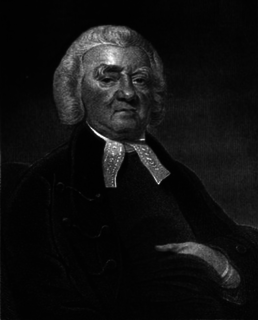A Quote by Ann Radcliffe
Virtue and taste are nearly the same, for virtue is little more than active taste, and the most delicate affections of each combine in real love.
Related Quotes
Taste and elegance, though they are reckoned only among the smaller and secondary morals, yet are of no mean importance in the regulations of life. A moral taste is not of force to turn vice into virtue; but it recommends virtue with something like the blandishments of pleasure, and it infinitely abates the evils of vice.
A good taste in art feels the presence or the absence of merit; a just taste discriminates the degree--the poco piu and the poco meno. A good taste rejects faults; a just taste selects excellences. A good taste is often unconscious; a just taste is always conscious. A good taste may be lowered or spoilt; a just taste can only go on refining more and more.
Trusting as we did to the virtue of the people, the real people, not the politicians and demagogues, we passed through the most responsible and trying scenes, sustained by the bone and sinew of the nation, the laborers of the land, where alone, in these days of Bank rule, and ragocrat corruption, real virtue and love of liberty is to be found.
One is born with good taste. It's very hard to acquire. You can acquire the patina of taste. But what Elsie Mendl had was something else that's particularly American––an appreciation of vulgarity. Vulgarity is a very important ingredient in life. I'm a great believer in vulgarity––if it's got vitality. A little bad taste is like a nice splash of paprika. We all need a splash of bad taste––it's hearty, it's healthy, it's physical. I think we could use more of it. No taste is what I'm against.
































